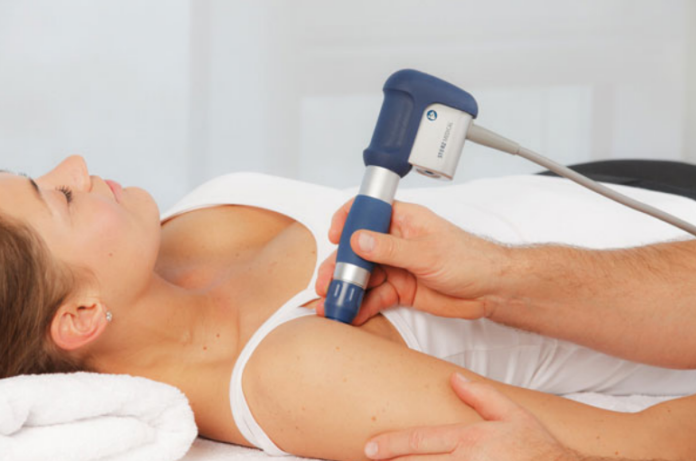Specifically, when they stop you from adhering to what you love, sports injuries could hurt you. Whether it’s a sprained ankle, a torn ligament, or foot-based chronic pain, a quick recovery is rather significant. Among the most fascinating therapies accessible now are shockwave ones. Athletes and active citizens of Fort Lauderdale are seeking this innovative way to speed their recovery and get back on track. Let’s look at how shockwave therapy fort Lauderdale works and why Fort Lauderdale sports injury treatment is starting to favor it.
Shockwave therapy is:
Using sonic pulses, shockwave therapy is a non-invasive approach of producing healing in tissues that are injured. By transferring high-energy sound waves over the skin, shockwave therapy increases blood flow to the injured area, breaks down scar tissue, and helps new cells to be generated. Treating certain musculoskeletal issues, particularly those involving tendons, ligaments, and muscles, this therapy has shown performance. Whether your disease is chronic or sports-related, shockwave therapy might be the answer for a faster healing.
Shockwave Therapy’s Advantages for Sports Injuries
While compression, elevation, ice, and rest (R.I.C.E.) are essential procedures for sports injuries, they frequently are not sufficient. Shockwave treatment offers a number of advantages that can help to speed up recovery. It lessens common following sports-related injuries, discomfort, and inflammation first of all. Furthermore, important for tissue healing is collagen generation, which the treatment encourages. Shockwave treatment may also lower the requirement for more involved treatments such as long-term pharmaceutical usage or surgery.
A Fort Lauderdale podiatrist can assist you in investigating shockwave treatment.
See a podiatrist in Fort Lauderdale who has expertise with shockwave therapy if you’re thinking about it for a sports injury. Diagnosing and treating disorders of the foot, ankles, and lower legs falls mostly on a podiatrist. Their knowledge will help them to evaluate your damage and decide if shockwave treatment is the best line of action.
Shockwave treatment is being used by several podiatrists in Fort Lauderdale to assist patients in more rapidly recovering from sports injuries. They have the skills and understanding to create customized treatment regimens that fit your particular requirements. A podiatrist can help you through the process and guarantee you are getting the most efficient therapy, whether your condition is plantar fasciitis, Achilles tendonitis, or a stress fracture.
Shockwave Therapy Mechanisms in Podiatry
Conditions involving tendons and soft tissue often benefit from shockwave treatment. For plantar fasciitis, for instance, the treatment targets the foot’s fascia to lower inflammation and discomfort. In some conditions, like Achilles tendinitis, shockwave treatment may assist in scar tissue breakdown and body natural healing stimulation.
During a normal session, the podiatrist will treat the afflicted region with a gel and then utilize a portable device to produce shock waves. Usually, the therapy is painless. However, while the waves are sent into the damaged tissue, you can experience some discomfort. Usually lasting between 15 and 30 minutes, sessions help most patients show obvious changes in only a few sessions.
When Should One See a Fort Lauderdale Podiatrist for Treatment?
It might be time to consult a podiatrist Fort Lauderdale if your sports injury is not healing with conventional therapy approaches. Shockwave therapy is becoming offered by many podiatrists as part of their complete treatment choices. Faster recovery and reduced discomfort from this treatment will enable you to resume your sports or activities sooner.
Final Thought
For those with sports injuries, particularly in Fort Lauderdale, where active lives are the norm, shockwave treatment is a game-changer. See a podiatrist that provides this therapy if you have an injury and want to hasten your healing. Visit lmdpodiatry.com right now to find out more about shockwave treatment and how it could speed up your recovery.

